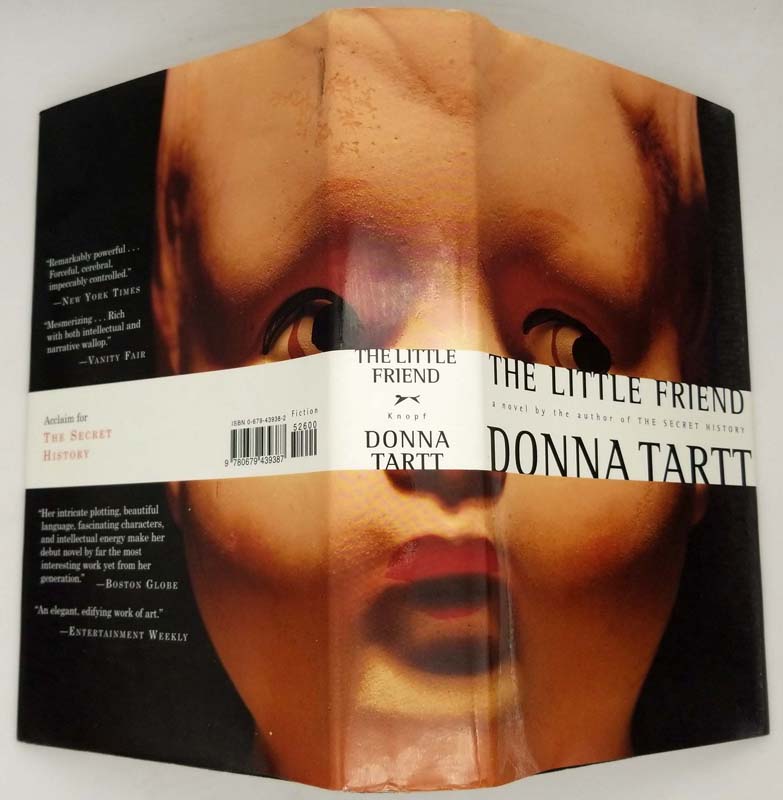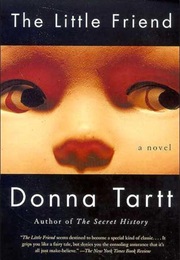

They were not discussed even in covert groups of two, brought together by a long car trip or by insomnia in a late-night kitchen and this was unusual, because these family discussions were how the Cleves made sense of the world.

Though the Cleves loved to recount among themselves even the minor events of their family history-repeating word for word, with stylized narrative and rhetorical interruptions, entire death-bed scenes, or marriage proposals that had occurred a hundred years before–the events of this terrible Mother’s Day were never discussed. Dissatisfaction had been expressed by the elder Cleves at the new arrangement and while this mainly had to do with suspicion of innovation, on principle, Charlotte felt that she should have paid attention to the undercurrent of grumbling, that it had been a slight but ominous warning of what was to come a warning which, though obscure even in hindsight, was perhaps as good as any we can ever hope to receive in this life. Nancy Pearl: Books Worth Calling In Sick Forįor the rest of her life, Charlotte Cleve would blame herself for her son’s death because she had decided to have the Mother’s Day dinner at six in the evening instead of noon, after church, which is when the Cleves usually had it.


 0 kommentar(er)
0 kommentar(er)
